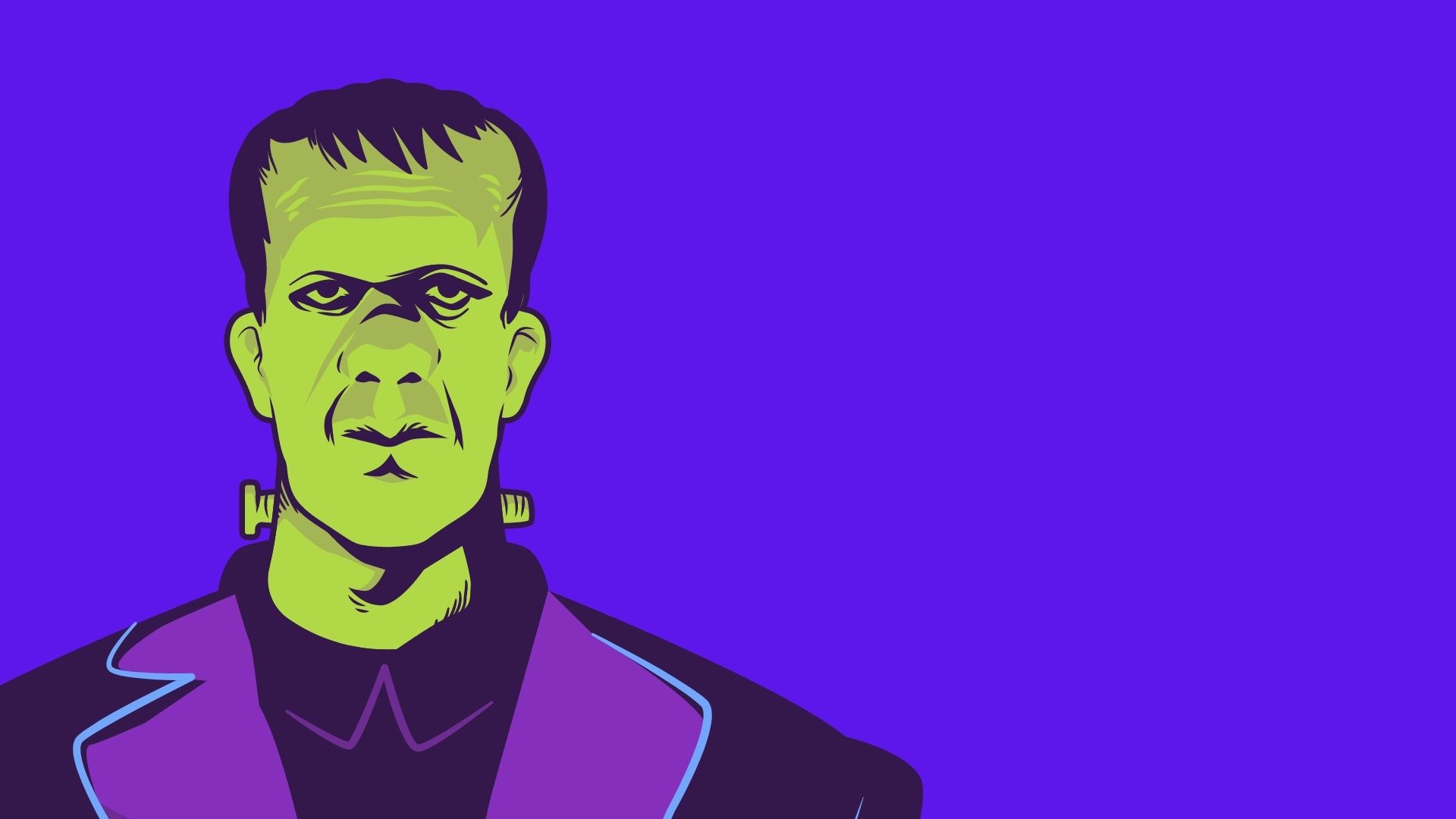
FAQ About Frankenstein

How does the novel address the idea of societal acceptance and rejection?
The novel Frankenstein extensively explores the theme of societal acceptance and rejection through the experiences of the Creature and other characters. The story highlights the profound impact that acceptance and rejection have on individuals and their actions. Here are some key ways in which the novel addresses this theme:
- The Creature's Rejection: The novel begins with the rejection of the Creature by its creator, Victor Frankenstein. Upon its animation, Victor is horrified by its appearance and immediately abandons it, rejecting it solely based on its grotesque appearance. This initial rejection sets the stage for the Creature's subsequent experiences with society, as it is continually rejected and shunned by humans due to its terrifying appearance.
- The Creature's Desire for Acceptance: Throughout the novel, the Creature yearns for acceptance and companionship. It observes the De Lacey family and desires to be part of their society, hoping that they will overlook its appearance and appreciate its inner qualities. However, the De Laceys also reject the Creature when they see it, contributing to its sense of isolation and despair.
- The Theme of Prejudice: The novel explores the theme of prejudice as the Creature is judged solely based on its appearance. Its hideousness becomes a barrier to acceptance in human society. Shelley critiques the superficiality of human judgment and the tendency to reject those who are different without understanding their true nature.
- Society's Response to the Unknown: The novel reflects society's fear and hostility towards the unknown and the unfamiliar. The Creature is an embodiment of the unfamiliar, a creation that challenges the natural order and raises questions about the boundaries of life and death. The rejection it faces highlights society's reluctance to accept the unconventional and the consequences of misunderstanding.
- The Role of Victor Frankenstein: Victor's rejection of the Creature symbolizes the moral responsibility of creators towards their creations. His abandonment and failure to accept the Creature lead to the tragedies that follow. Victor's rejection of the Creature mirrors society's rejection of those deemed different or abnormal.
- The Impact of Rejection: The novel demonstrates the devastating consequences of rejection on both the Creature and Victor. The Creature's rejection and isolation lead it to seek revenge against Victor and cause harm to his loved ones. Victor, too, experiences the consequences of his ambition and the rejection he faces from society.
